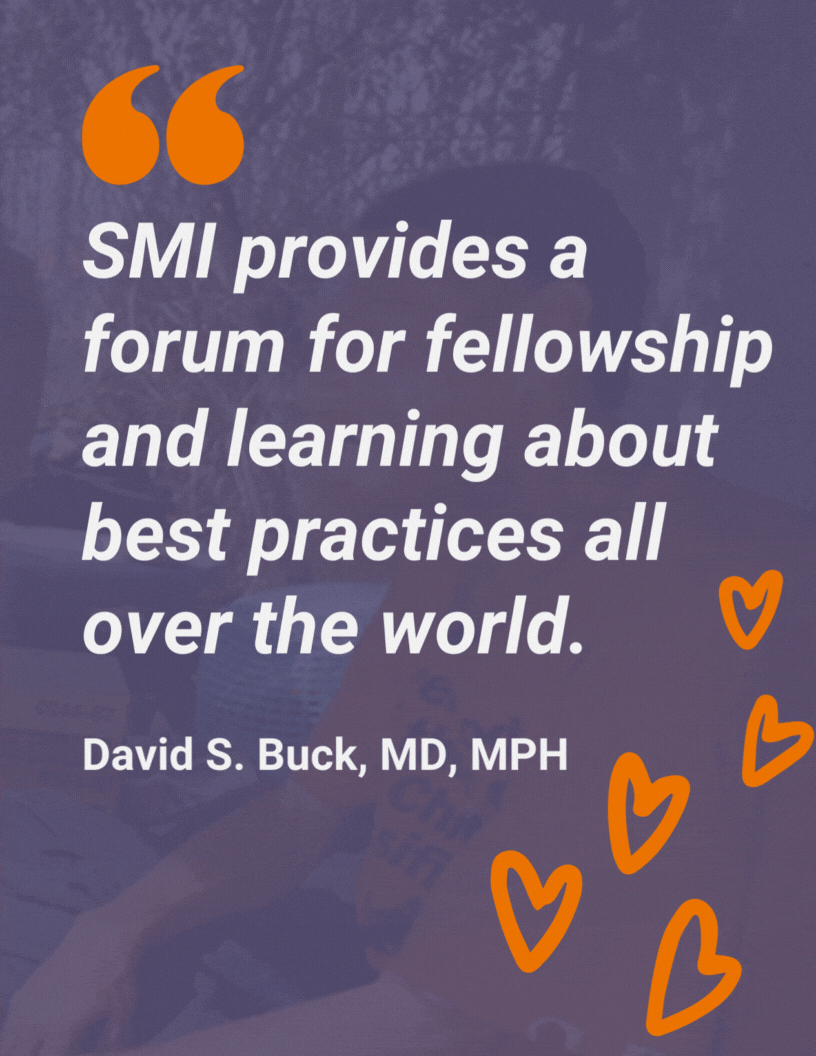Jim Withers' Blog -- COVID19March 26, 2020Even more than usual, I have been thinking of all of you and the people you serve. The arrival of COVID19 reminds us that we are all connected and that we must respond in ways acknowledging that reality. I’m sure most of you have been exceptionally busy these past few weeks. We have all been forced to create new protocols that balance the epidemiological imperative to isolate with the moral imperative to not neglect our brothers and sisters on the streets. For many of the challenges, we have found ways to adapt our practices in the streets while maintaining CDC standards of care. In our local communities we have worked in unprecedented coordination with government and non-profit agencies. The Street Medicine Institute has coordinated closely with the CDC and the National Healthcare for the Homeless leadership to develop guidelines for the care of the unsheltered homeless. I was very proud of the Street Medicine Institute board for creating a document for the delivery of care within four days at the beginning of the US epidemic. But as we know, there are other challenges that are much more difficult such as finding adequate protective equipment, testing materials and options for isolation and quarantine of our infected patients. These will be difficult times. But I have faith that we can do this. We have often said that rough sleeping homelessness is a chronic disaster. I believe that insight has prepared those in the street medicine movement for this moment. On a daily basis we have had to work with limited resources and difficult access to mainstream medical services. We know how to find water and distribute it to our people in killing heat waves. We know how to create a winter shelter when the temperatures reach -20F. We know how to work with people who are mobile and focused on daily survival. If any group of healthcare professionals can adapt to this crisis, it is the incredible women and men who practice street medicine. These are the times that reveal the sacred calling of healthcare. I recall as an intern when HIV was reaching epidemic proportions, but testing was not available. Many of the hospital personnel refused to draw blood or place IVs. Much of that work was left to we interns who were just learning those skills! I recall being both terrified and proud at the same time. What a sacred privilege to be there for those whom others were rejecting. Yes, there was risk, but this is what I had prepared myself for all my life. To be able to help others in times of crisis – especially those whom others forget – is the soul of healthcare. As with the early days of HIV, we must work to fight the stigmatization of our patients. Information and love are the treatment to combat the ignorance and fear that can kill as well as any virus. We must not forget that our greatest asset in our work is the trust, wisdom and love of the people living on the streets. Let them know they are not forgotten. Teach them the public health precautions they need and work with others to provide them with portable sinks, toilets and water. Get the phone numbers of reliable camp leaders and call to check-in on a regular basis about the well-being of others. Work with community partners to make sure the gaps in service are addressed as well as possible. Find extra tents for isolation and ways that the people can protect themselves if there are no other options. Ask them how they are feeling and for their ideas on how to solve the problems they see on the streets. I believe these times, as difficult as they are, are also an opportunity to deepen the love and solidarity with the people. God Bless you all. Wash your hands. |


